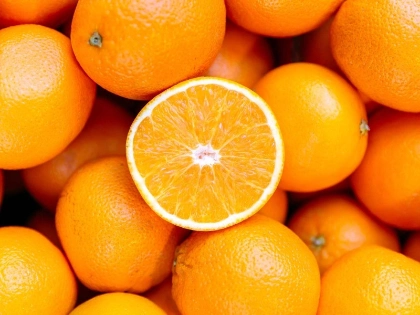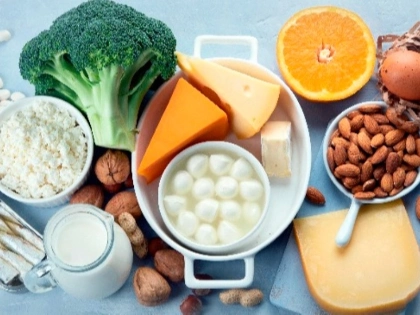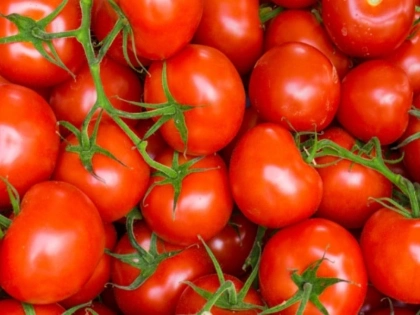A favourite fruit in the summer, peaches lend sweetness to dishes and salads. They make a nutritious addition to smoothies as well.
They are an excellent source of magnesium, which naturally reduces tension. According to studies, peach extracts can help stop the degeneration of the central cholinergic system, which can help prevent diseases like Alzheimer's.
They include high levels of antioxidants, folate, and vitamin C, all of which support a robust immune system.
Vitamin C
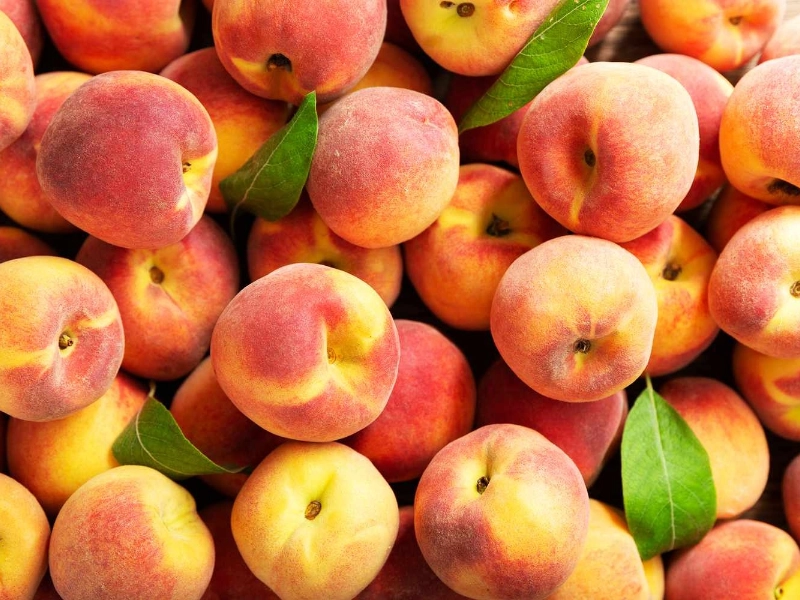
Advertisement
This fruit, which is high in vitamin C, reduces stress and strengthens immunity. It also lessens your susceptibility to hypertension and aids in the prevention of cholesterol in your blood from oxidizing.
Peaches include vitamin B6, which lowers anxiety by releasing certain mood-regulating neurotransmitters. Eating foods high in this nutrient is crucial. Examples of such foods are kale, avocados, and whole grains.
Furthermore, there are substances in the fuzzy skin of peaches that prevent your body from releasing histamines. The substances known as histamines are what cause allergic reactions like sneezing and itching.
Peaches also supply you with choline and potassium. Choline lowers blood levels of LDL cholesterol while preventing hypertension. It also raises insulin sensitivity and strengthens your heart. Additionally, lutein and zeaxanthin, which guard against age-related macular degeneration, are abundant in peaches. They are also a fantastic source of magnesium, which controls blood sugar and maintains the health of your nervous system.
Vitamin A
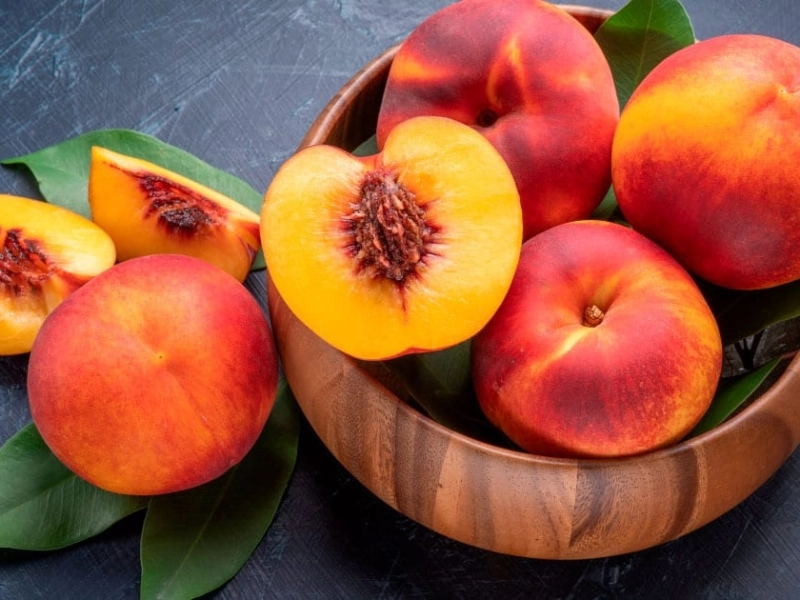
Peaches naturally contain vitamin A, which is a potent antioxidant that promotes healthy skin. It has the ability to cure UV damage, increase collagen synthesis, and lessen wrinkles. Iron is another nutrient that is necessary for reducing stress that vitamin A aids the body in absorbing and using.
Low levels of B vitamins, such as vitamin C and folate, have been related to a higher risk of anxiety and depression, according to research[3]. Consuming a broad range of foods high in B vitamins can help stave off deficiencies.
Although it may be tempting to grab for a cookie or piece of candy, the best option to reduce anxiety is to have a nutritious snack that can improve mood and cognitive function. Snacks with added sugars should be avoided as they may upset your gut's bacterial equilibrium. Tryptophan, a nutrient that aids in falling asleep at night, is abundant in kelp and other seaweeds; instead, choose whole grains, which offer nutritious energy. Maintaining a constant blood sugar level with a nutritious diet might also help lessen the feelings of anxiety.
Magnesol
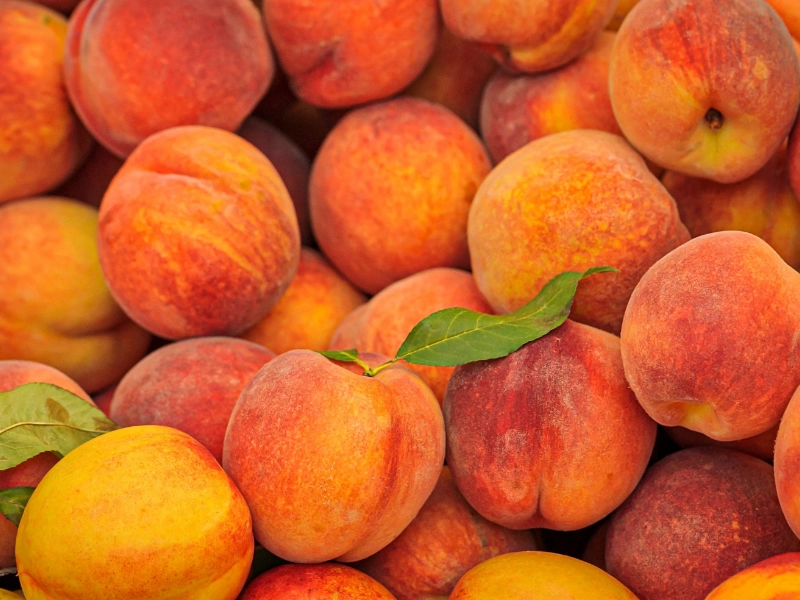
Eating a diet high in foods high in magnesium can help lower tension and anxiety. Magnesium is a necessary mineral that helps the body rest naturally by reducing nervous system activity and enhancing the quality of sleep. Additionally, it is effective in preventing anxiety-related illnesses like depression and insomnia.
According to a study, eating a diet deficient in magnesium may exacerbate anxiety symptoms by impairing the brain's neurotransmitters, which are responsible for mood regulation and signal transmission throughout the body. Magnesium can be found in a wide variety of foods, including avocados, dark chocolate, legumes, seeds, nuts (particularly almonds and pumpkin seeds), and green leafy vegetables.
Regretfully, most people's diets do not provide enough magnesium. Your body should get all the magnesium it needs from a balanced diet that includes whole grains, leafy greens, legumes, nuts, and seeds, as well as some yogurt, milk, and fortified foods. You can also take a magnesium supplement, such as Performance Lab Sleep or NutriGenesis Multi, which are designed with cutting-edge ingredients to replicate the elements found in nature.
Vitamin K
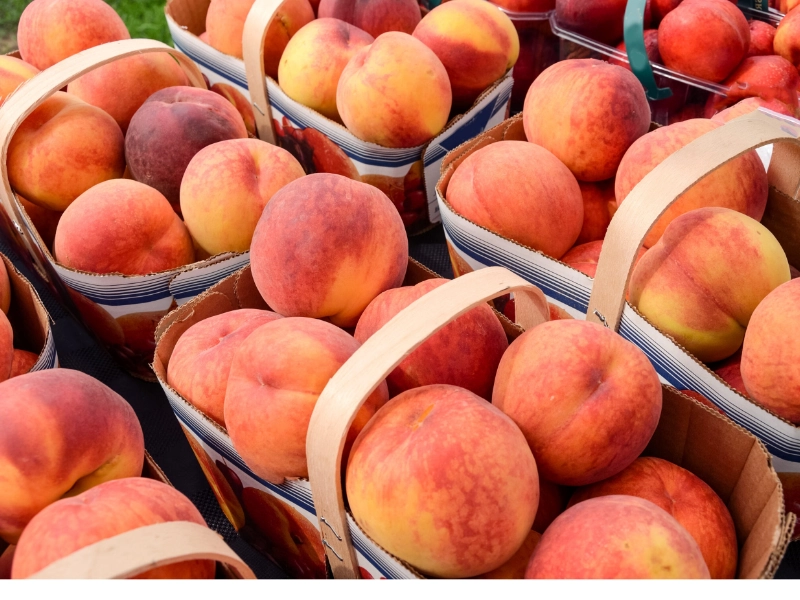
Heart disease risk can be lowered with a diet high in vitamin K. In addition, it plays a crucial role in wound healing, blood clotting regulation, and the prevention of bleeding disorders. For individuals 19 years of age and above, the recommended daily allowance (RDA) for phylloquinone is 120 mcg.
Peaches include magnesium, which naturally reduces tension and soothes the nervous system. It works well to lessen hyperactivity and anxiety, particularly in kids. Furthermore helpful for women include reduced menstruation discomfort and enhanced sleep quality.
Peaches include lutein and zeaxanthin, which shield the macula of the eye and may help lower the risk of age-related macular degeneration. They also play a key role in reducing the chance of cataract development. Furthermore, peaches include dietary potassium, which is necessary for healthy neuron activity and electrolyte balance maintenance.
Advertisement






